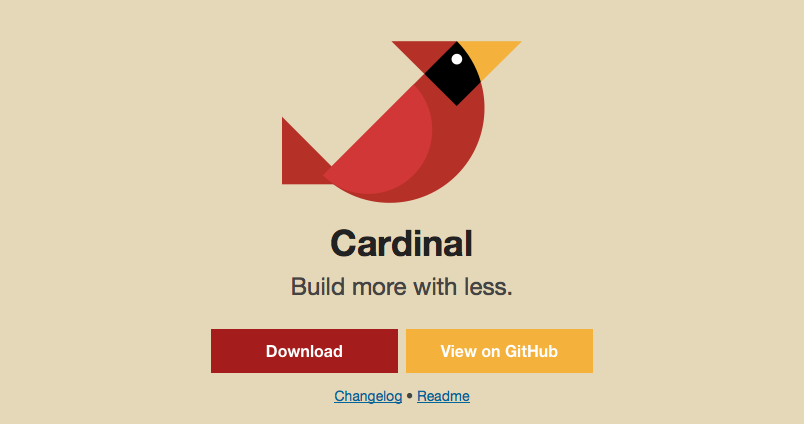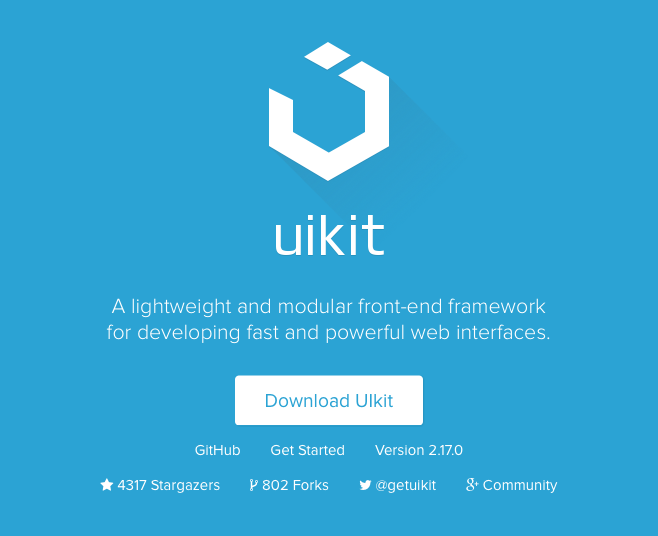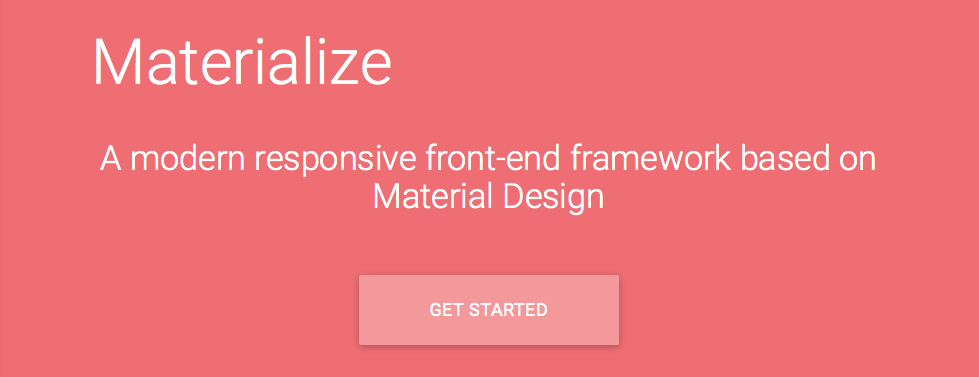UI Frameworks make it easier for front-end developers to build and maintain complex CSS for websites and applications. Nowadays, we have new needs and trends such as Responsiveness and Google's Material Design, so there are new frameworks coming to help.
Here is a small selection to get started with, in your evaluation of these frameworks.
Cardinal
Cardinal is a small framework developed by Chris Bracco:
Cardinal omits many aesthetic design decisions that often bog down other CSS frameworks, leaving the design and creativity up to you.
Among its features:
- Written for the LESS preprocessor,
- Normalize.css baked-in,
- A flexible grid system and encapsulated styles for common UI elements such as buttons and forms.

Papier
Papier is a minimal and responsive CSS library by Alexander Gugel:
It is mobile ready, light weight and responsive out the box. Super quick load times.
Among its features:
- Responsiveness,
- Common UI elements and a 12-column grid system,
- Readability over semantic.

UIkit
UIkit is a lightweight and modular front-end framework developed by YOOtheme:
UIkit gives you a comprehensive collection of HTML, CSS, and JS components which is simple to use, easy to customize and extendable.
Among its features:
- Written for the LESS preprocessor,
- A collection of small responsive components,
- A basic style that can be extended with themes, and is easy to customize.

Materialize
Materialize is a CSS framework, developed by a team of students from Carnegie Mellon University, implementing Material Design.
Material is the metaphor, Bold, Graphic, Intentional, and Motion provides meaning.
Among its features:
- Responsiveness,
- Sass preprocessor support.

There are more
There are many frameworks to choose from. Check the front-end stuff list maintained by @moklick, which I used for my selection, to see the available options and follow their development.





